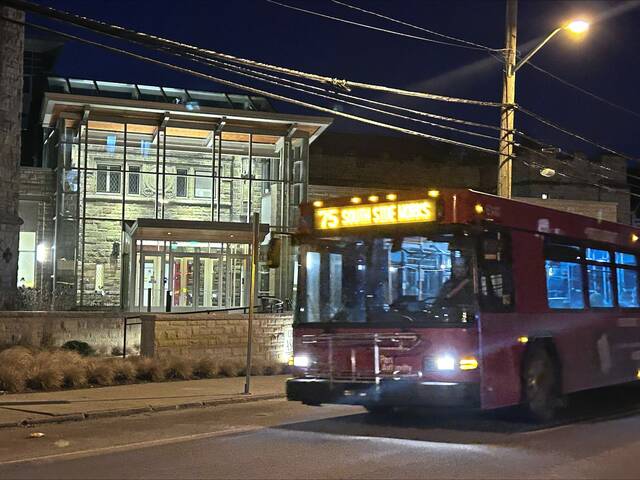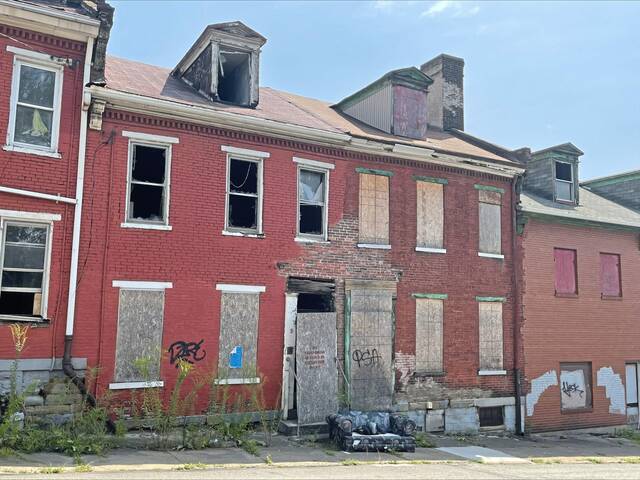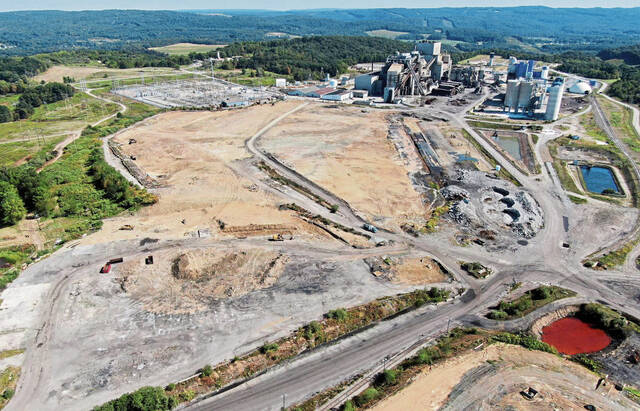The stated intent of Pennsylvania House Bill 985 is to divert liquor tax revenue to provide grants to municipalities with tax- exempt property comprising 15% or more of total assessed value and with household median income of less than 115% of the state level.
But, “While the intent appears to be useful, the implementation and constraints of the proposed legislation pose many problems,” says Jake Haulk, president-emeritus of the Allegheny Institute for Public Policy.
And many of the problems are rooted in the fact that Pennsylvania does not mandate a regular schedule of property assessments, the Ph.D. economist says.
The main purpose of HB 985 is to replace the revenue not collected from tax- exempt properties. But Haulk says the measure includes restrictions and procedures that are inherently unfair and is inherently wrong in using the Common Level Ratio (CLR) to calculate both taxable and tax-exempt municipal property values.
Haulk says even larger municipalities with median income that is 110% of Pennsylvania’s median household income are likely to have many high-income earners who will benefit from having liquor tax revenue allocated to their municipality.
“By the same token, a municipality with 116% of the state median income and is ineligible for funds from the proposed program will have many lower or modest income earners who will not receive any benefit from the allocation of the liquor tax redistribution to municipalities.
“This bill should fail on that inequity alone,” Haulk says.
Back to the proposed legislation’s deep flaw in using the CLR to determine municipal property values:
“First of all, the CLR is calculated based on countywide property sales, not municipality sales,” Haulk reminds. “The CLR is calculated as the median value of the assessed value to sales value of properties that sold in a given year. Many municipalities are too small to have nearly enough sales to hope to calculate a meaningful CLR.”
Moreover, the think tank scholar says using county CLRs to estimate property value for municipalities having vastly different income and property values across the county in which they are located is obviously quite wrong.
“Normally, the CLR is used for property assessment appeals only,” Haulk says. “And it is necessary because Pennsylvania does not mandate regular reassessments of all properties. If it did, the flawed formulated CLR would not be needed.”
Pennsylvania is one of only five states that do not require regular complete reassessments. As a result, Haulk says its residents are burdened with heavy costs as appeals are time- and resource-consuming for the counties and property owners.
“In short, the proposed legislation is an unnecessary and poorly thought-out effort to help municipalities with high municipal tax rates and median income below state median income,” Haulk says.
“It avoids dealing with excessive spending in many municipalities that would benefit.
“And it ignores other state funding and federal grants that are available to the high-spending municipalities,” he adds.
Haulk says HB 985 also fails to recognize the poor return on education spending, offers no relief to municipalities with higher than 115% of state median income that also have large amounts of tax-exempt property and fails to recognize or consider current distribution of state revenues.








